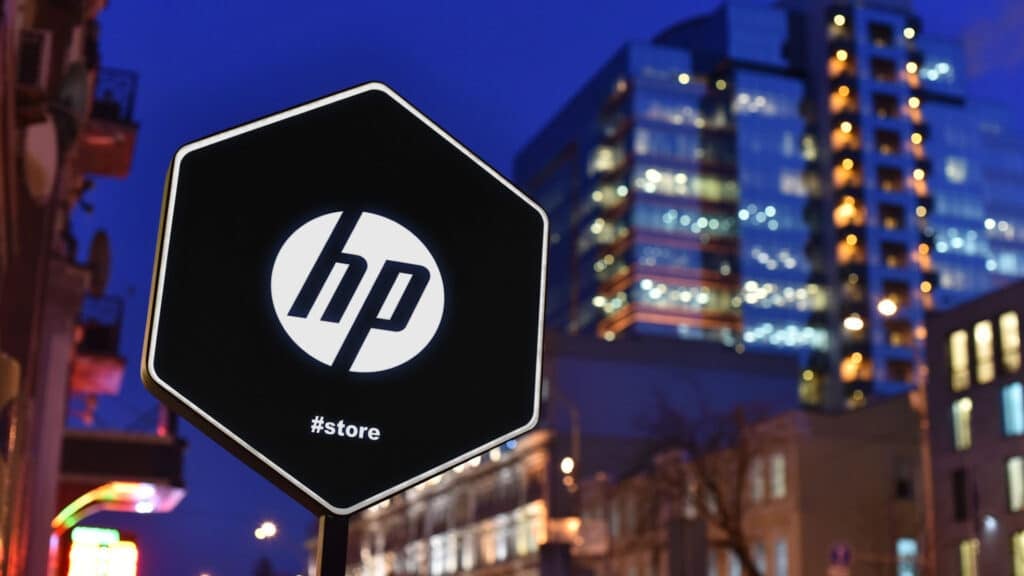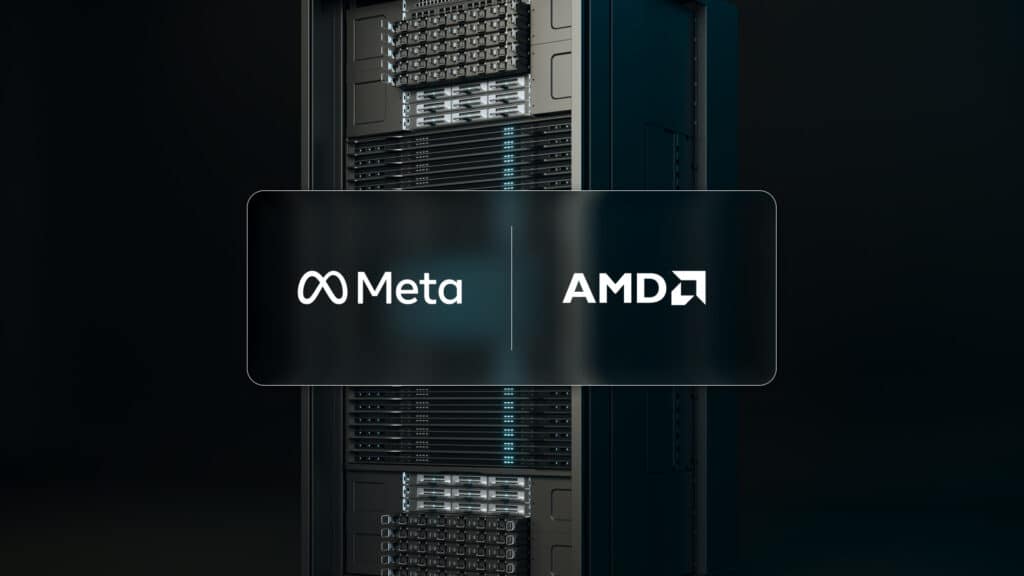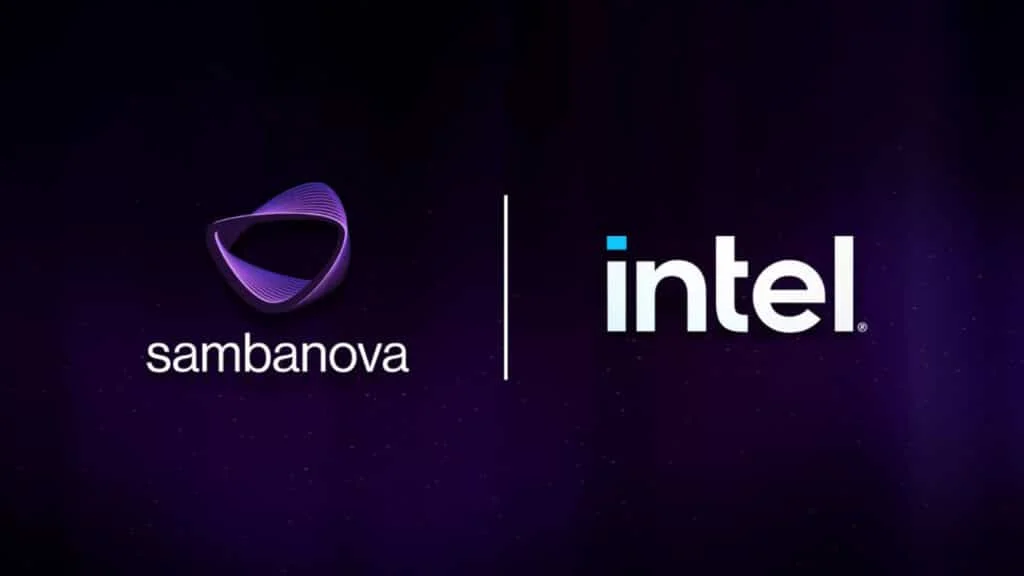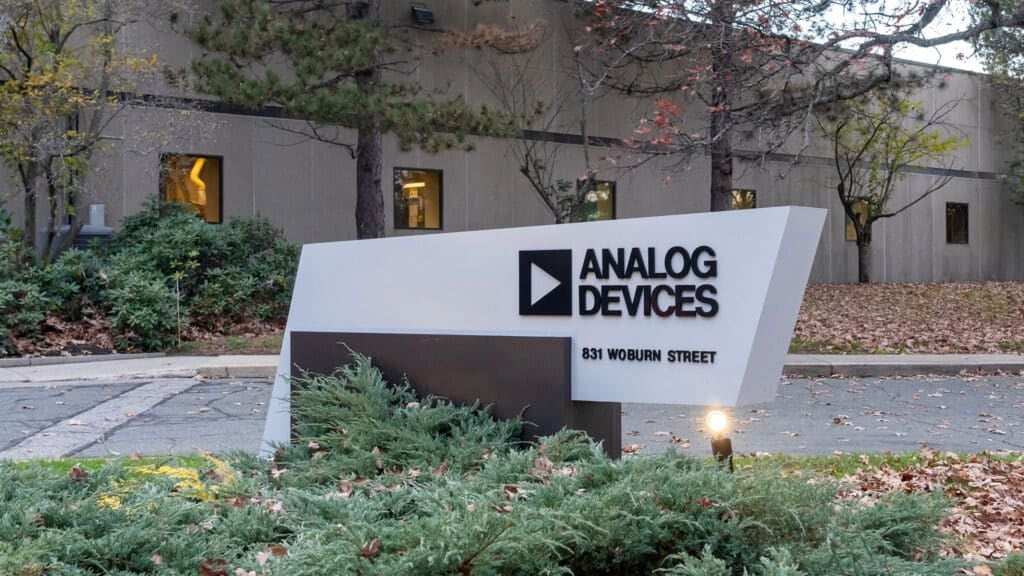Analyst(s): Olivier Blanchard
Publication Date: July 8, 2025
Intel and HP have co-engineered a new class of AI PCs that run AI workloads locally for enhanced speed and privacy. The collaboration delivers up to 223% faster performance on key business apps, enabling measurable productivity gains.
What is Covered in this Article:
- Intel and HP co-engineered AI PCs for business users, including the EliteBook X, EliteBook Ultra, and EliteBook 8, powered by Intel Core Ultra 200V series processors.
- Intel optimized CPU, GPU, and NPU resources across 12 configurations and 8 AI PC models, validating performance on key enterprise applications.
- AI apps like Power BI, Tableau, and Canvid showed performance gains of up to 223% versus prior-gen systems, with first-time Windows availability for Canvid and Writeup.
- Intel’s hands-on involvement extended to benchmarking 9 AI-enhanced applications for HP’s go-to-market execution.
- Despite macro uncertainty in PC demand, the collaboration showcases tangible improvements in business productivity from local AI capabilities.
The News: HP and Intel have teamed up to launch a new lineup of AI-powered PCs built for business use, including the EliteBook X, EliteBook Ultra, and EliteBook 8. These devices are designed with a focus on productivity and privacy and run on Intel’s Core Ultra 200V processors. Both companies worked together on the hardware and software to ensure these machines could handle AI tasks locally, using the CPU, GPU, and NPU.
Over eight months, Intel and HP tested a dozen hardware setups across eight different AI PC models. This effort helped fine-tune nine AI-focused apps – like Power BI, Tableau, Adobe Lightroom, Canvid, and Writeup—with noticeable performance boosts over older systems.
Can Intel and HP Finally Make AI PCs a Must-Have for Business?
Analyst Take: The HP-Intel partnership on these AI PCs is a strong, data-backed push to shift business computing toward on-device AI. With 62% of enterprise IT leaders adopting AI PCs to futureproof their organizations, this launch gives the segment much-needed credibility backed by purpose-driven investment. The detailed performance data and use-case testing give HP a strong story to tell enterprise buyers while also helping Intel stay competitive against AMD and Qualcomm, who are rolling out their AI-focused chips.
Performance Improvements Backed by Data
Unlike some AI PC rollouts that have featured vague performance promises, HP and Intel are backing these with solid numbers. Compared to previous systems, Power BI saw up to 45% speed improvements, Tableau was 48% faster, and Adobe Lightroom ran 32% quicker. Canvid, the screen recording tool, was also up to 223% faster. Similarly, the local AI writing tool Writeup hit 165% better output speeds. These results came from over 500 hours of benchmarking by Intel’s software team, focused on real business tasks and not artificial tests. These real numbers give HP more concrete productivity and resource usage pitches to companies looking for clear value before upgrading their PCs and for guidance on which AI PCs to choose.
Intel’s Engineering Push Shows a Strategic Shift
Part of the reason for these improvements is that Intel did not just provide the chips. The company also helped optimize software for them: Engineers from Intel’s Client Computing Group worked hand-in-hand with HP’s commercial PC team to tune performance across CPU, GPU, and NPU, reflecting Intel’s more rounded approach to AI workload resource management in their PC systems. Unlike Qualcomm, which has so far prioritized energy-efficient NPUs for AI workloads, Intel has taken a less NPU-centric approach with a more balanced total system performance between NPU and GPU – a potentially less power-efficient but more flexible system design strategy.
By focusing on key AI apps that business users rely on and ensuring they run well locally, Intel is also carving out a space for itself against ARM-based rivals like Apple, who still lean more on cloud computing than on-device capabilities.
While this kind of collaboration between device OEMs and chipmakers isn’t unusual, the deep focus on how partnerships like this could drive more explicit differentiation between platforms and PC brands could become the new normal for silicon and PC OEM partnerships. (We saw a similar effort between Intel and Lenovo last year with Lenovo’s Aura Edition PCs.) Broadly, Intel’s move toward working with PC OEMs to build systems for specific workloads and help optimize PCs for critical use cases, especially in the commercial segment, suggests that Intel understands that it can’t just put out parts for PCs anymore and expect orders to roll in – even in the Enterprise. The introduction of AI PCs has changed the dynamics of the PC market about as much as the arrival of Windows-on-Arm systems, and Intel understands that to hold on to its slipping market share, it needs to give PC buyers – consumers, in the SMB space, and the Enterprise – a reason not to select another platform.
For HP, the equation is somewhat similar: If Intel is pursuing deep partnerships with other PC OEMs to deliver uniquely tuned AI PCs for critical user categories, HP needs to do the same. This announcement signals that HP is in Intel’s inner circle and that it has uniquely optimized PCs to offer discerning customers with specific performance demands.
On-Device AI Boosts Privacy and Builds Trust
Running LLMs and productivity tools locally can make systems faster and more responsive and also frees users from the constraints of cloud services, connectivity limitations, and bandwidth challenges. An additional advantage is that running workloads locally is also more secure, as data being processed locally is easier to protect from interception and snooping. Two of the most important advantages of AI PCs are that they boost data privacy and security. And while still under-indexed, these privacy and performance benefits could help drive adoption in areas like finance, government, and healthcare, where trust is critical and data security rules are more stringent.
The challenge for now is that many of today’s most important productivity tools are still cloud-based, making AI PCs (particularly Copilot+ PCs) far too reliant on cloud-based AI processing than they need to be. In short, the hardware is ready, but many software platforms remain, with their AI workloads primarily cloud and subscription-based. This doesn’t mean organizations shouldn’t buy AI PCs now as part of their PC refresh schedule. What it does mean, however, is that the security and productivity gains promised by AI PCs may not fully materialize for some time yet.
AI PCs Still Early in the Game
While Intel’s Core Ultra chips offer solid local performance, many companies are waiting for the Panther Lake processor refresh (late 2025) and the Nova Lake processor (2026), which promise considerable performance improvements (50-80 Trillion Operations Per Second / TOPS on the NPU, with total system TOPS reaching for the 200 range). Again, these performance improvements are mostly academic at this point, since most AI-intensive applications continue to be cloud-based by default. That being said, when we start seeing some of these AI workloads truly shift to being handled on-device, these systems will be ready to deliver.
The current gap between system capabilities and what is operationally possible at the moment is the primary reason why demand for AI PCs from commercial PC buyers hasn’t been more aggressive. But this HP-Intel effort makes a solid case for these systems, especially for companies thinking about buying PCs that will be AI-ready when critical AI-accelerated productivity software starts to expand from the cloud to devices.
With over 500 hours of joint testing, HP has a data-backed case to make as one of the first movers in this space – helping shift AI PCs from theory to practice.
What to Watch:
- HP’s success hinges on translating benchmarking gains into repeatable outcomes across a wider portfolio of enterprise workflows.
- Intel’s momentum in this space could be challenged by AMD’s Ryzen AI 300 Series and Qualcomm’s Snapdragon X platform, both of which are gaining OEM traction.
- Enterprise customers may wait for higher TOPS performance from the upcoming Nova Lake and Panther Lake processors before scaling AI PC deployments.
- The real-world gains showcased in HP’s testing will need to extend beyond launch partners to convince the broader enterprise market.
See the complete article on the Intel-HP AI PC collaboration on the Intel newsroom website.
Disclosure: Futurum is a research and advisory firm that engages or has engaged in research, analysis, and advisory services with many technology companies, including those mentioned in this article. The author does not hold any equity positions with any company mentioned in this article.
Analysis and opinions expressed herein are specific to the analyst individually and data and other information that might have been provided for validation, not those of Futurum as a whole.
Other insights from Futurum:
HP’s AI PC Push: How Victus 15 Fits into Its Bigger Strategy
Transforming the Modern Workplace: AI PCs & the Future of Work
Futurum Study: 62% of AI PC Adoption Supports Efforts To Futureproof Organizations For AI
Author Information
Olivier Blanchard is Research Director, Intelligent Devices. He covers edge semiconductors and intelligent AI-capable devices for Futurum. In addition to having co-authored several books about digital transformation and AI with Futurum Group CEO Daniel Newman, Blanchard brings considerable experience demystifying new and emerging technologies, advising clients on how best to future-proof their organizations, and helping maximize the positive impacts of technology disruption while mitigating their potentially negative effects. Follow his extended analysis on X and LinkedIn.






